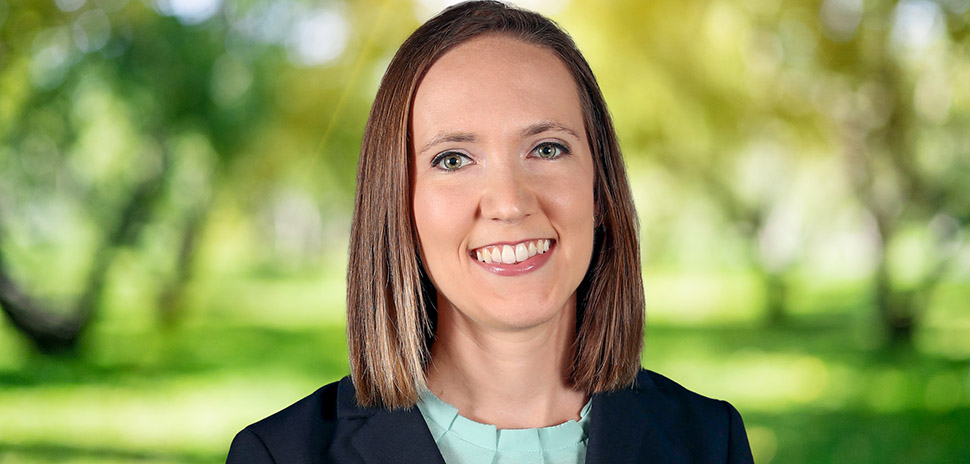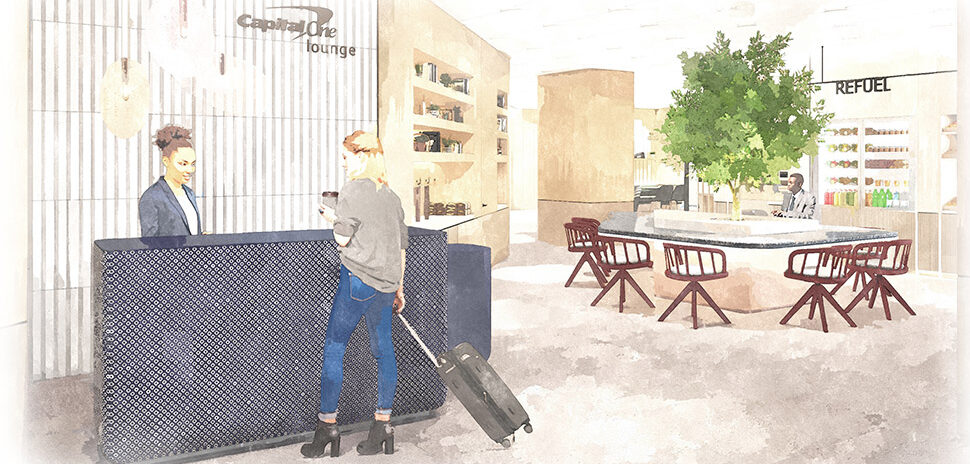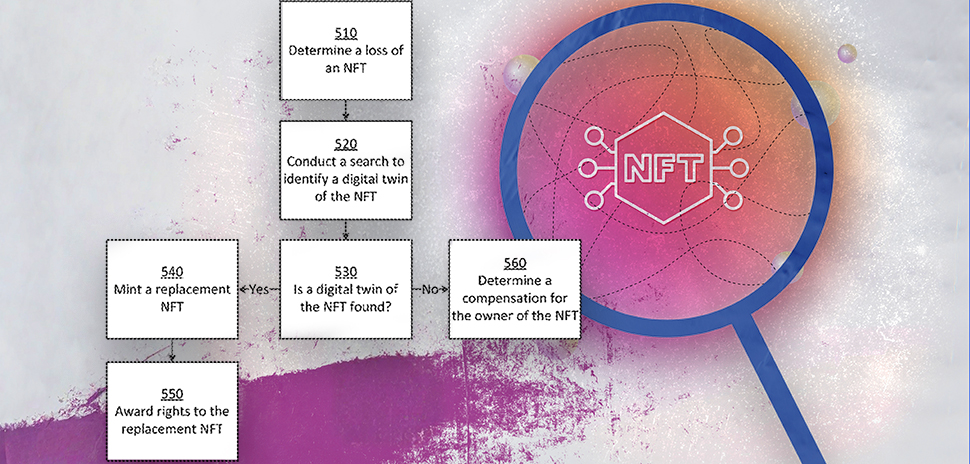Since March 2021, Dallas Fort Worth International Airport has composted 60 tons of food waste from 22 terminal restaurants. In the following Q&A, we talk to DFW Airport Enterprise Sustainability Program Manager Sarah Ziomek about how the program started, why it’s urgent, and how organizations could benefit from doing the same.
How much food waste at DFW Airport is being diverted from landfills?
As of the end of February, 22 concessionaires spread throughout Terminals A, D, and E are participating in our program. Since the program’s inception in March 2021, over 120,000 pounds (about 60 tons) of food waste has been diverted from landfills to composting facilities and organic farms in our region. This is a significant inroad, given that approximately a quarter of the waste generated at terminals is comprised of organic waste. DFW Airport anticipates expanding the program to additional concessions locations throughout all five terminals by the end of this year.
What gave DFW Airport the idea to pursue this?
DFW has an ambitious goal to achieve zero waste over the next few decades, which we define as a 90% diversion of waste from landfills and incinerators. In 2020, we conducted a waste audit to analyze our terminal waste stream. We sorted through almost two tons of material and found that almost one-quarter of waste in the terminals is organic (i.e., food waste). Implementation of a composting program was a key initiative to target one of the largest components of our waste stream.
Our composting program also aligns with the United Nations Sustainable Development Goals (SDG), specifically SDG #12: Responsible Consumption and Production. These goals are becoming increasingly important to investors and rating agencies, as they are an articulation of the world’s most pressing environmental, social, and economic issues.
Is this the first major metro airport to execute an effort like this?
No. A 2016 Environmental Benchmarking Survey conducted by Airports Council International-North America (ACI-NA) found that more than 30% of responding airports have a program to collect organics for composting. ACI-NA has established solid waste reduction as an environmental goal for member airports, and implementing a composting program is a key step that airports can take in pursuit of this goal.
When and how did DFW Airport start the program?
In 2021, DFW executed an organic waste sorting and collection services contract with Turn Compost, a Dallas-based company. This service allows the airport to collect food waste from terminal concessions and haul it to local farms and compost facilities. Turn’s staff provides training and picks up food waste from participating concessions every day. In the future, we plan to expand our composting program to additional airport facilities, including aircraft catering kitchens, hotels, and offices.
Did any other organization/operation serve as a template for this initiative?
The airport environment is unique and complex, so partnering with Turn Compost has been key to the success of our program. Turn Compost provides turnkey sortation, collection, and transportation services. Their staff delivers the containers, training, and support to ensure our program works for our facilities. At the inception of our program, Turn assessed existing waste processes and volumes, established pick-up routes and schedules, and provided high-quality training to participants.
Were there any concerns about launching such a program?
Proactive measures — such as utilizing covered bins and frequent pick-up schedules — were included in the program rollout. DFW Airport is the first airport to earn the GBAC STAR accreditation from the Global Biorisk Advisory Council (GBAC) and maintains the highest cleaning protocols to combat biohazards and infectious diseases.
Were there any unexpected occurrences/developments in the execution of this plan?
Continuous education is required to prevent contamination (i.e., inorganic materials being thrown into the compost bins) and maximize diversion rates. For example, not all packaging products that are marketed as biodegradable are compostable, creating confusion for participants in the program.
Overall, staff at participating restaurants have been enthusiastic about the program, often initiating conversations about proper separation practices for the compost bin. At a time when concessionaires are finding it difficult to hire and retain staff, we have seen the program drive employee engagement.
Is this a plausible course of action for other organizations, such as major sporting venues, corporate HQs, or operation centers?
Absolutely! While each of these venues will have its distinct challenges, composting programs can thrive in any location where organic waste is generated, especially with the help of leadership supporting the program.
Does this aid DFW Airport’s bottom line in any way?
North Central Texas only has 35 years of landfill capacity remaining, and our waste hauling rates have increased due to the anticipated closure of a nearby major landfill. In 2021, DFW Airport generated about 25,000 tons of municipal solid waste — equivalent to almost one pound per passenger — and paid approximately $2.5 million in waste to landfill costs. Our terminals are the largest contributors toward that volume, and approximately 25% of waste from the terminals is organic material. By diverting organic material to local farms and compost facilities, DFW Airport expects to reduce its landfill costs.
What North Texas farms/gardens have been the recipient of the resulting waste diversion?
Turn has donated both finished compost and animal feed to many local community partners including, but not limited to: Bonton Farms, Misty Moon Farms, The Growing Place Community Garden, F.A.R.M., Dallas College, Stokes Family Farm, Chandler Family Farm, and school gardens throughout Dallas ISD.
A version this story appeared first in the Dallas Regional Chamber’s blog.
![]()
Get on the list.
Dallas Innovates, every day.
Sign up to keep your eye on what’s new and next in Dallas-Fort Worth, every day.





























